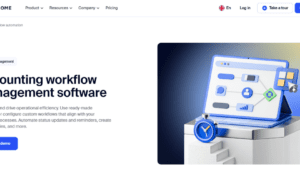Are you a sole trader looking for an Accountant for Sole Trader? Well we at Pearl Lemon Accountants offer services just for you!
An independent contractor is a self-employed individual who owns their own business. Profits from your business are to be distributed after taxes have been paid, and losses are to be paid.
The term ‘sole trader’ is often considered to refer to a one-man business organization, however, it refers to the structure of the business rather than the employee number. Despite being self-employed and trading alone, a sole trader does not mean that he or she performs all the day-to-day tasks by themselves.
Who is a sole trader and what are their characteristics?
1. Complete control
A sole trader is the owner of his or her business and has complete control. You have complete control over our business, from how it is run, to how it is expanded, or how it is used. Board members and shareholders do not need to be consulted before making a decision.
2. Does not have its own legal entity
Your business and you as a sole trader are considered one entity. It means that all transactions and activities your company engages in are your responsibility since there isn’t a separate legal identity.
3. Consistency
In light of the previous point, I would like to mention this. A sole trader is dependent on its owner since there is no legal distinction between owner and business. If the owner dies, retires, becomes bankrupt, or is imprisoned, the company ceases to exist.
4. Liability without limit
Business debts incurred by sole traders are fully liable. You may have your assets seized if there is a claim filed against the business to recover losses. Sole traders are not limited to the amount of debt they are liable for personally.
5. Individual taxation
Taxes on taxable business profits are paid by individuals, not corporations, and they must also pay National Insurance contributions (Class 2 and Class 4). Similarly, if your business turnover exceeds the £85,000 VAT threshold, you must register for VAT.
6. A minimal amount of paperwork and administration is required
Having a sole proprietorship doesn’t require much paperwork.
The only thing sole traders have to file with Companies House are their annual Self Assessment tax returns. In addition to keeping business expenses and income records, you will also need to file your tax return.
7. Confidentiality
Due to HMRC’s rules on taxpayer confidentiality, a sole practitioner enjoys a higher level of privacy. Your company accounts and details do not have to be published on the Companies House website, as they are not required for limited company directors.



































